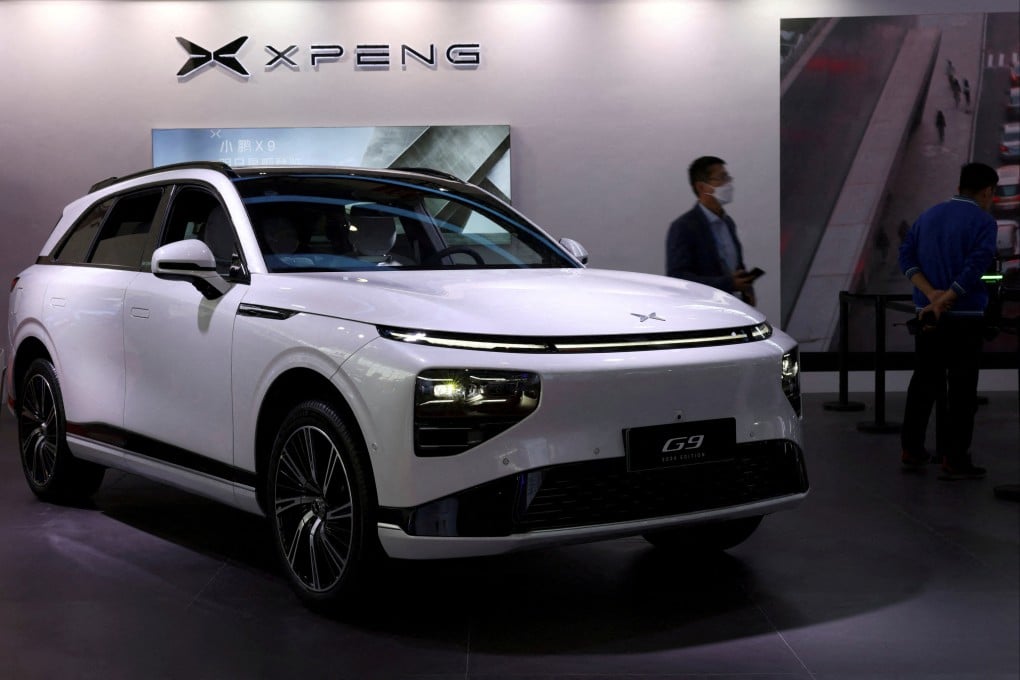China jolts US at WTO with complaint over ‘discriminatory’ EV subsidies
- China has hit out against what it has deemed ‘discriminatory’ subsidies from the US over electric vehicles, filing formal complaint at WTO
- Action is latest in long history of bilateral trade disputes, with EV sector being key battleground in global green transition

The grievance was lodged to support a fair environment for Chinese auto manufacturers and the global industry, China’s Ministry of Commerce said on Tuesday.
“Under the pretext of ‘responding to climate change’ and ‘environmental protection’, the US has formulated discriminatory policies through its Inflation Reduction Act regarding new energy vehicles, excluding products from China and other WTO members from subsidies,” the ministry said in a statement.
“Such exclusions distort fair competition, disrupt global industrial and supply chains and violate WTO principles such as national treatment and most-favoured-nation treatment.”
The act requires EVs to undergo final assembly in North America to qualify for subsidies. “For new electric, fuel cell electric, and plug-in hybrid electric vehicles acquired, delivered and placed in service after August 16, 2022,” said the US Department of Energy in a note, “this requirement applies”.
“China is firmly opposed,” the commerce ministry said. “We urge the US to abide by WTO rules, respect the development trend of the global new energy vehicle industry and rectify its discriminatory policies.”
